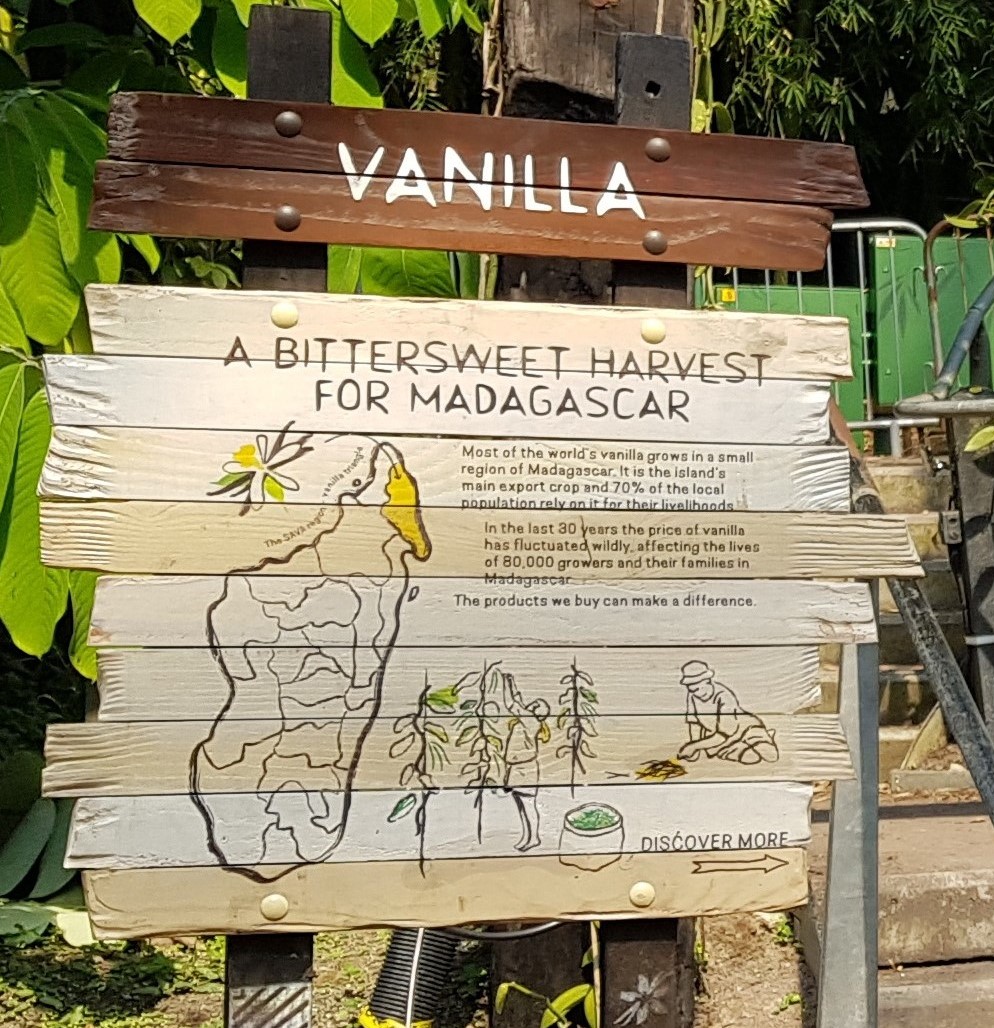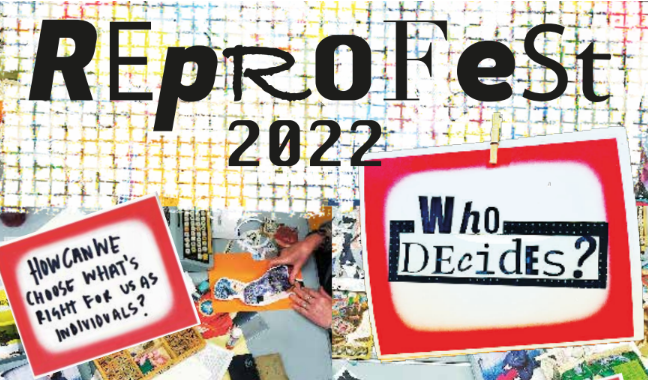Separation at birth: learning from lived experience
(Dr Claire Mason)
Funding gives mums and midwives a chance to change practice
When a newborn is taken into care, safeguarding is focused on the infant, not the mother or the midwives making the best of a traumatic situation. Now a project developed with NHS England by Lancaster University, joint funded by the ESRC Impact Acceleration Account (IAA), is harnessing a wealth of experience to co-produce a solution with the potential to become best practice.
Claire Mason, a Research Fellow at the University’s Centre for Child and Family Justice Research, was leading the qualitative work on a wider project drafting new national guidelines for when the state intervenes at birth. “As part of that,” she says. “We had assembled an advisory group of women with lived experience of separation at birth. And Becs Reynolds, who chairs the National Maternity Safeguarding Network, asked us to come and speak about our work.”
“It was a meeting of minds,” says Becs, National Safeguarding Clinical Lead for NHS England. “Claire brought one of her Lived Experience Group to the session and it was incredibly powerful. So we got our heads together to ask What would a solution look like? What already exists? And there were pockets of amazing practice where midwives, off their own backs, had created a version of what would become the Giving HOPE intervention.”
The Giving HOPE intervention








